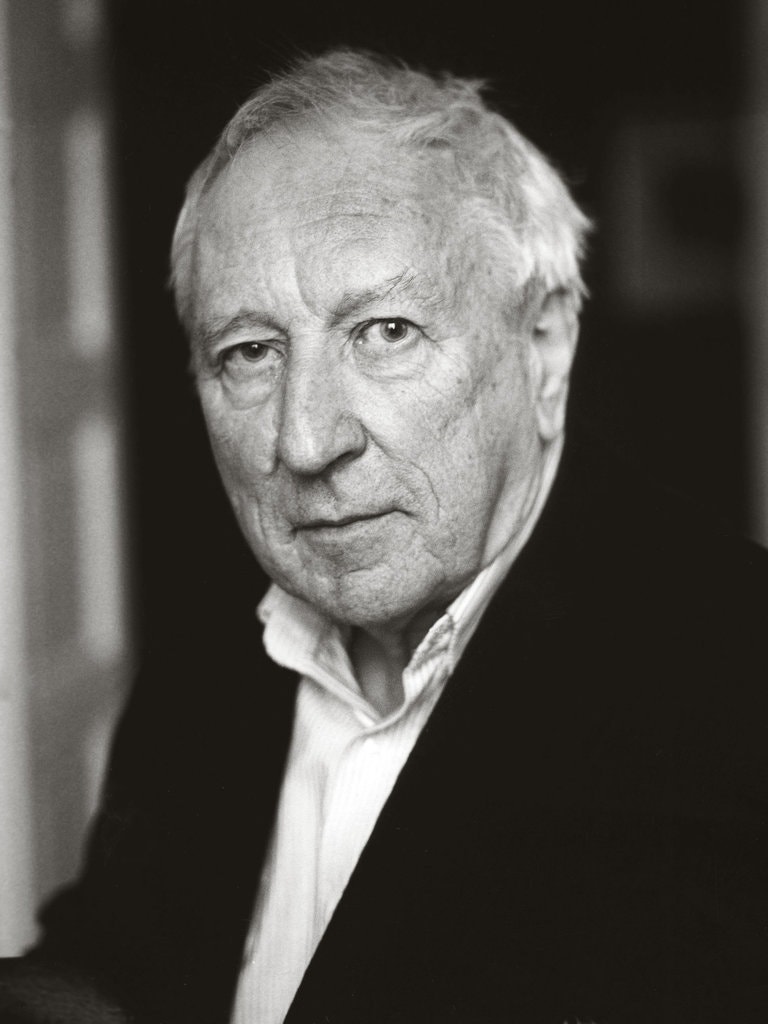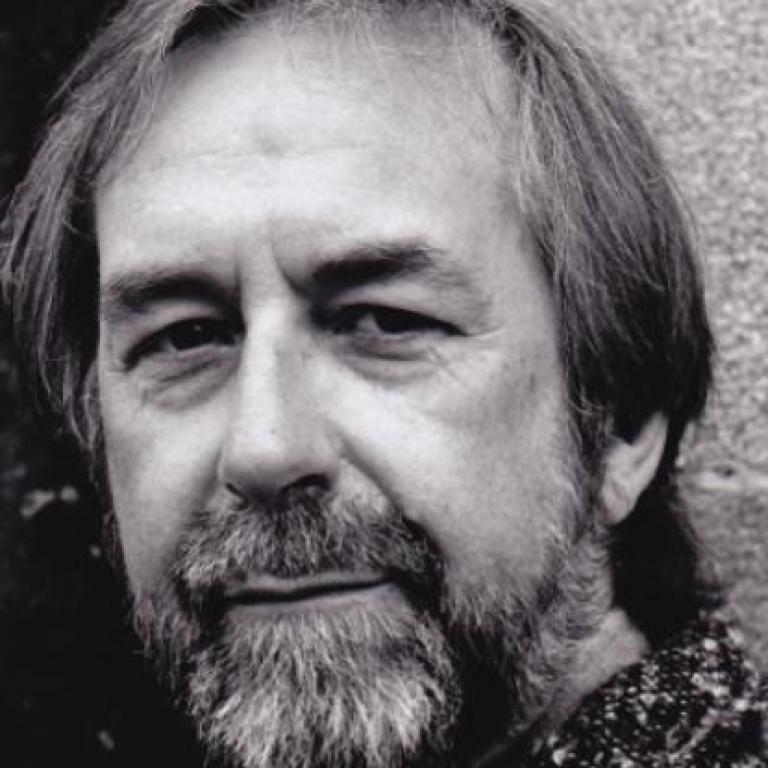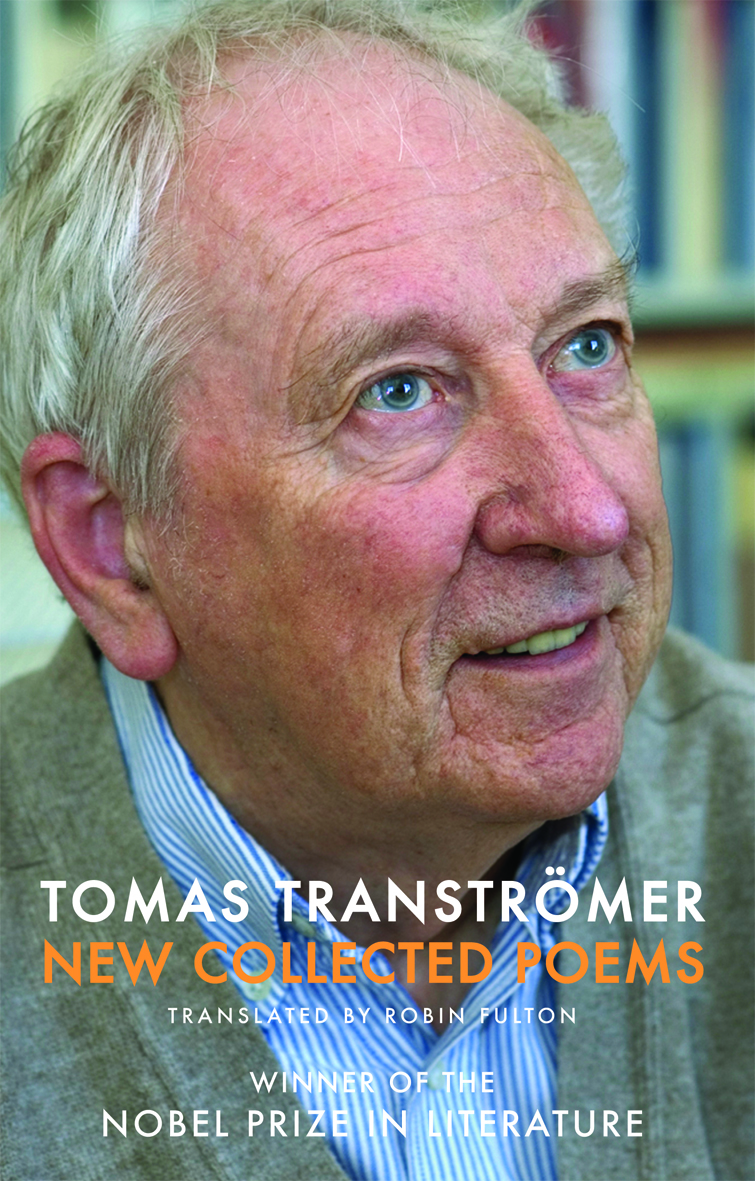A man feels the world with his work like a glove.
He rests for a while at midday having laid aside the gloves on a shelf.
There they suddenly grow, spread
and black out the whole house from inside.
The blacked-out house is away out among the winds of spring.
“Amnesty,” runs the whisper in the grass: “amnesty.”
A boy sprints with an invisible line slanting up in the sky
where his wild dream of the future lies like a kite bigger than the suburb.
Further north you can see from a summit the blue endless carpet of pine forest
where the cloud shadows
are standing still.
No, are flying.

In light of the Coronavirus crisis, Poetry Daily has started an impromptu series, What Keeps Us.
For the rest of March, we will post poems to sustain and uplift through trying times. Each poem is accompanied with an image by author-illustrator Juana Medina http://www.juanamedina.com. We thank you for reading and hope that you will share poems with your friends and neighbors. Please be well.
For the rest of March, we will post poems to sustain and uplift through trying times. Each poem is accompanied with an image by author-illustrator Juana Medina http://www.juanamedina.com. We thank you for reading and hope that you will share poems with your friends and neighbors. Please be well.






